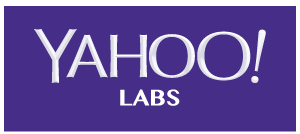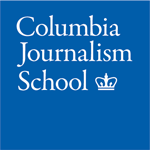About the Symposium
We live in a society that is increasingly dependent on data and computation, a dependence that often evolves invisibly, without substantial critical assessment or accountability. Far from virtual, inert quantities, data and computation exert real forces in the physical world, shaping and defining systems of power that will play larger and larger roles in people's lives.
Journalists, "the explainers of last resort," need to adapt responsibly—finding and creating new kinds of "stories" that respond directly to this new societal condition, whether that “story” be an actual written piece, a data visualization, an API or database, or even something hot off the 3D printer.
Computation+Journalism is a forum for discussing the ways journalism is and should be adapting in the face of the quantitative turn in society. We invite the participation of a broad range of thinkers, doers, and storytellers to this interdisciplinary meeting, a hybridization of journalism and the computing and data sciences. We want to hear from journalists with an interest in, or experience in, developing new technologies or applications, and from data and computer scientists working in news, or storytelling broadly, and collaborating or hoping to collaborate with journalistic
organizations.
The Computation+Journalism Symposium is part celebration of the best examples mixing story and technology; it is partially a venue to spawn new collaborations and partially a learning experience, an experiment to see what a group of talented practitioners might imagine as new forms of journalism.
This is the third meeting of an ongoing series 'Computation + Journalism'. Details about the first and second symposium can be found at the links below:
computation-and-journalism.com/symposium2013
computation-and-journalism.com/symposium2008




